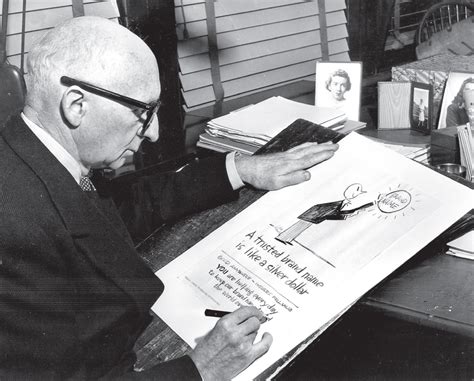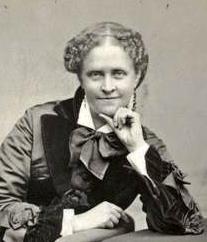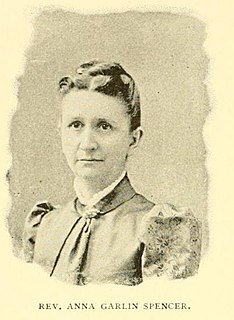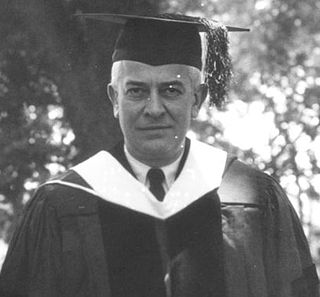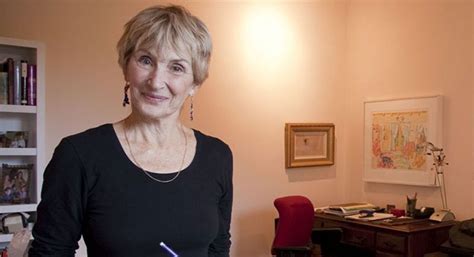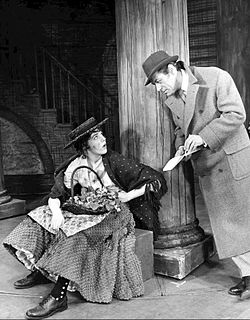Цитата Дона Херольда
[Рецензия на постановку «Хижины дяди Тома»] Актеры плохо поддерживали собак.
Связанные цитаты
Однако повседневная жизнь рабов на Юге, по наблюдениям многих путешественников, была навсегда затемнена неустанным продвижением одной-единственной книги — «Хижины дяди Тома» Гарриет Бичер-Стоу. Даже сегодня любого чернокожего, который осмеливается сказать, что, возможно, мы живем не так плохо, как наши собратья в джунглях Африки, объявляют «дядей Томом». [...] Не случайно книга Гарриет Бичер-Стоу стала величайшим бестселлером своего времени - ее неустанно продвигали по всей стране в рамках самой успешной кампании по продвижению книг в нашей истории.
Подобно тому, как дядя Том во времена рабства удерживал негров от сопротивления ищейке или Ку-клукс-клану, обучая их любить своих врагов или молиться за тех, кто злобно их использует, сегодня Мартин Лютер Кинг — это всего лишь двадцатый век или современный дядя Том или религиозный дядя Том, который делает сегодня то же самое, чтобы держать негров беззащитными перед лицом нападения, что дядя Том делал на плантации, чтобы держать этих негров беззащитными перед лицом нападения Клана в тот день.
Исторически нарративы о прощении были частью как движения против рабства, так и движения за гражданские права в Америке. «Хижина дяди Тома», например, была основана на жизни преподобного Джозайи Хенсона, который простил своего хозяина, который хотел продать его и избить после того, как Хенсон умолял его не делать этого.
Когда вы смотрите на историю рабства в Соединенных Штатах и видите влияние, которое оказала «Хижина дяди Тома», культура иногда является единственным способом, с помощью которого мы можем обратить внимание людей на эмоциональную правду и заставить их почувствовать, почему что-то должно быть изменять.
Гарриет Бичер-Стоу было тридцать девять, когда она начала «Хижину дяди Тома». Она родила семерых детей и видела, как один из них умер. Она написала свою книгу для публикации в аболиционистской газете. Большую часть из них она сочиняла на кухонном столе в перерывах между готовкой, штопкой и уходом за домом.
